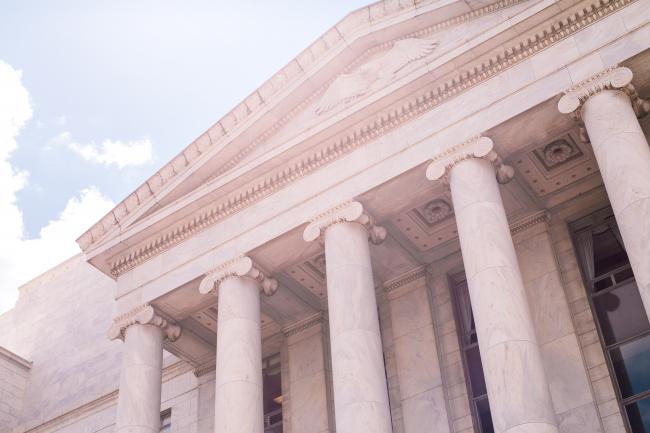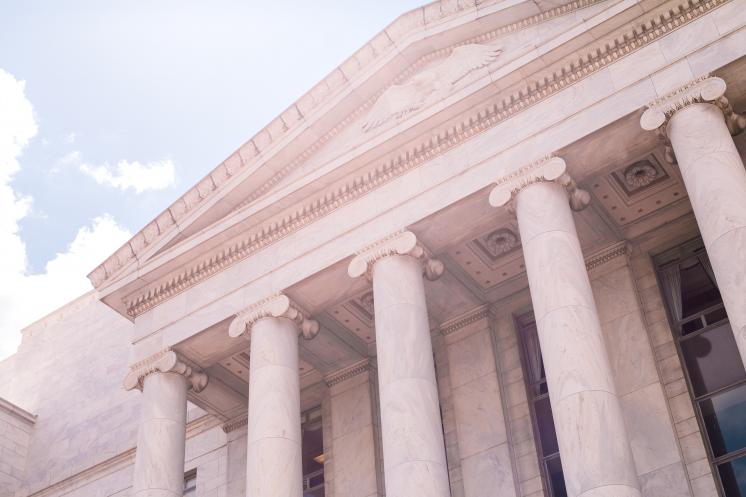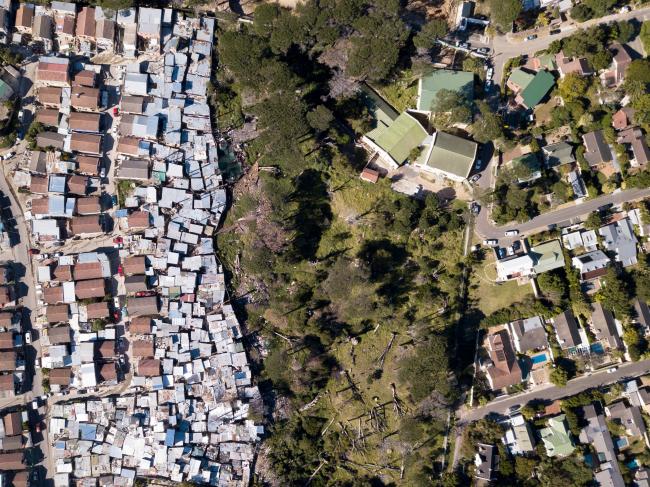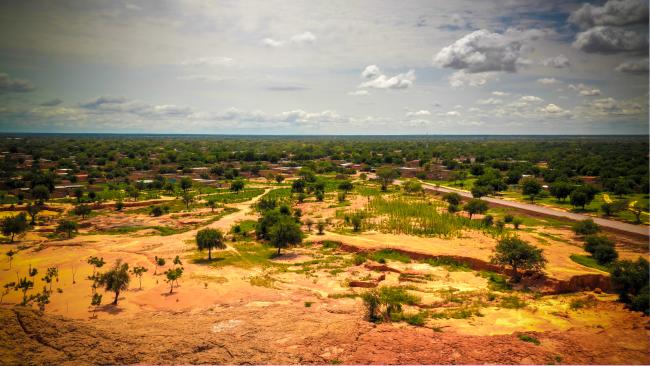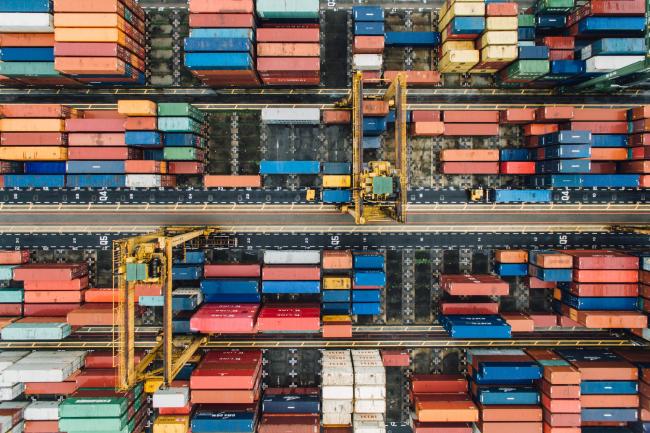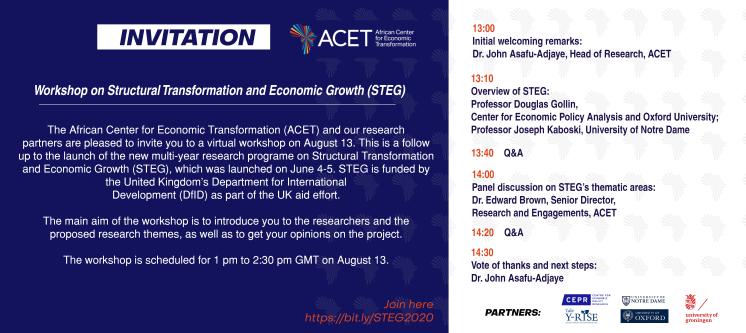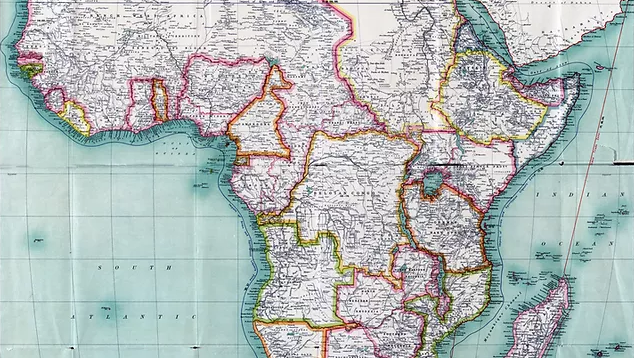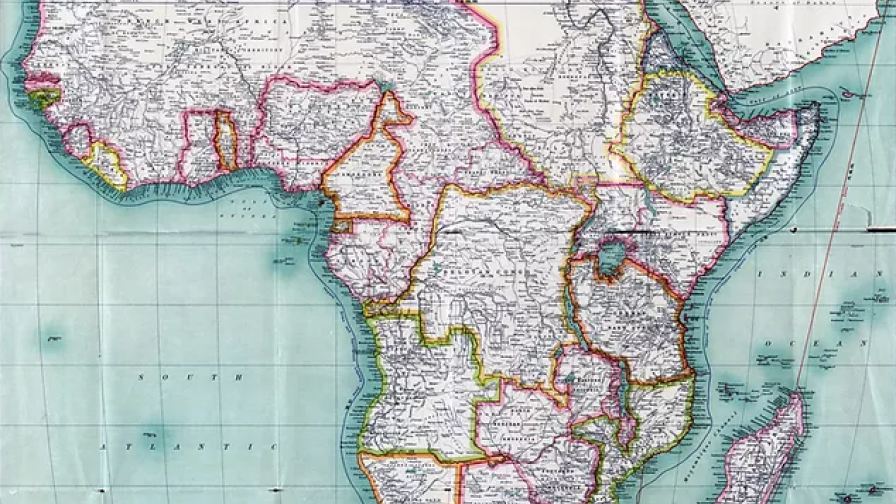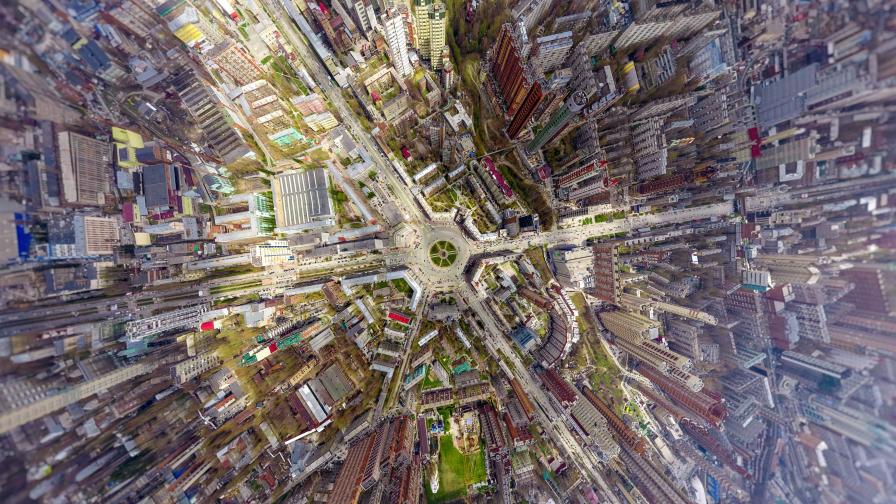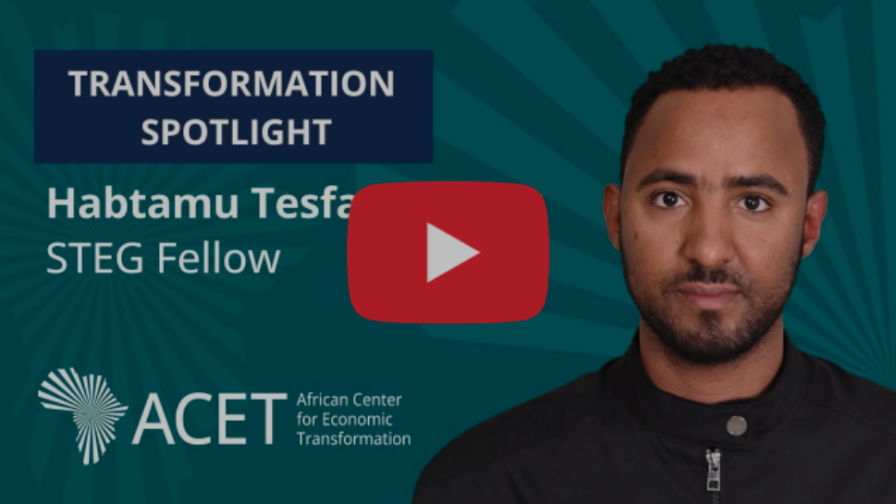Theme 5 focuses on the role of governments in structural transformation and economic development. We are particularly interested in how public finances, investment in infrastructure, and other government policies impact the allocation of resources across households, firms, industries, and space.
Specific topics and approaches of interest may include (but are not limited to):
- Taxes and expenditure, and state capacity
- Fiscal policy and debt management
- The role of the procurement system
- The production of public investment in infrastructure and structures
- The effects of public investment on structural transformation
- The effects of industrial policy
- The role of state in shaping the spatial distribution of economic activity
Theme Leaders
Theme 5 is led by Manuel García-Santana (World Bank, UPF, and CEPR), Martina Kirchberger (Trinity College Dublin and CEPR), and Abdoulaye Ndiaye (New York University and CEPR).
